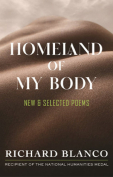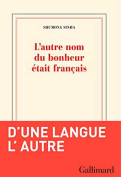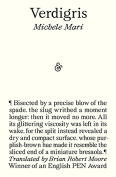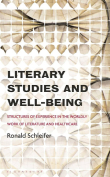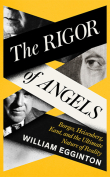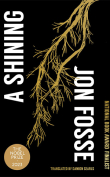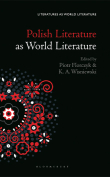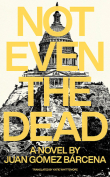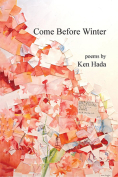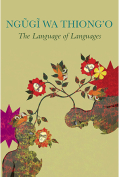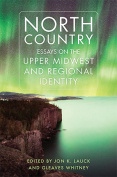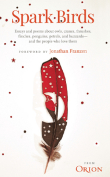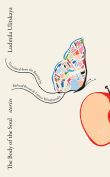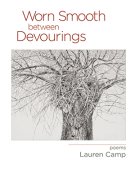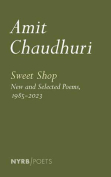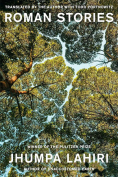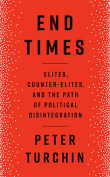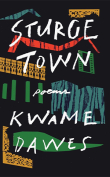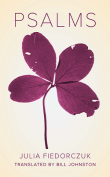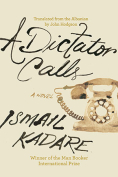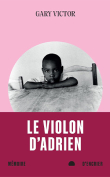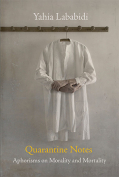North Country: Essays on the Upper Midwest and Regional Identity
 Norman. University of Oklahoma Press. 2023. 242 pages.
Norman. University of Oklahoma Press. 2023. 242 pages.
The thesis of North Country: Essays on the Upper Midwest and Regional Identity is that the Upper Midwest of the United States constitutes a distinctive region that, while difficult to define, is unmistakable and can be approached from a number of angles. North Country is an admirable attempt to present just such a diverse examination of this elusive and at times mystifying regional identity. As a whole, the collection is well written, thought-provoking, and quite original since, as Jon K. Lauck points out in the introduction, the Upper Midwest has been the object of relatively little scholarly examination.
Among the many thoughtful essays in this collection are those by Peter J. DeCarlo on “borderlands” and “bordered land,” Ray E. Boomhower on the life of reporter John Bartlow Martin, Zachery Michael Jack on Upper Midwest gothic, and Gleaves Whitney on the dual allegiances of philosopher Russell Kirk. Just this partial list of selections affords a sense of the admirable breadth and interest of this collection. The levels of scholarship and originality are equally impressive. Each of the essays listed above, and others in the collection, make a substantial contribution to our understanding of the Upper Midwest as a distinctive regional culture. They also help correct many of the familiar myths associated with this picturesque section of the United States, several of them ultimately based on racial stereotypes.
Gleaves Whitney’s essay on Russell Kirk is an excellent example of the difficulties faced in defining and demarcating the precise nature of Upper Midwest identity. Most of Kirk’s youth was spent in Plymouth, Michigan, twenty miles west of Detroit. One doesn’t immediately associate Plymouth with the Upper Midwest, and it would seem that the upbringing that Kirk received in Plymouth would disqualify him as a product of the region. Nonetheless, as a child and in adulthood, Kirk spent much of his time in the very different environs of Mecosta, a small town in central Michigan that was the seat of his maternal ancestors. As Whitney notes, Kirk believed that this stark, impoverished, harsh countryside possessed a gothic quality, one that pervaded not just Kirk’s ghost stories but his philosophical conception of life as well, with its focus on self-reliance and the nature of evil. As Whitney puts it, “In Kirk’s understanding of the human condition the lighter shades of Plymouth were a necessary complement to the darker tones of Mecosta.”
North Country is a worthwhile contribution to the study of the Upper Midwest and, more broadly, to the theorizing of American regional identity. By bringing together a diverse selection of essays from quite different perspectives, the editors provide insights into the nature of this elusive regional identity and, at the same time, suggest avenues for further research. The volume is not only well researched and closely focused on the matter at hand, but it is also generally quite readable and accessible to nonspecialists. I believe that North Country would be of interest to anyone studying the Midwest, Upper Midwest, or American regional identity in general.
Jeffrey Folks
Ocala, Florida
